Echoes of Iran: The Forgotten Golden Age of Persian Pop Music
- 01/07/2025
- 5 comments
- 36
- 125
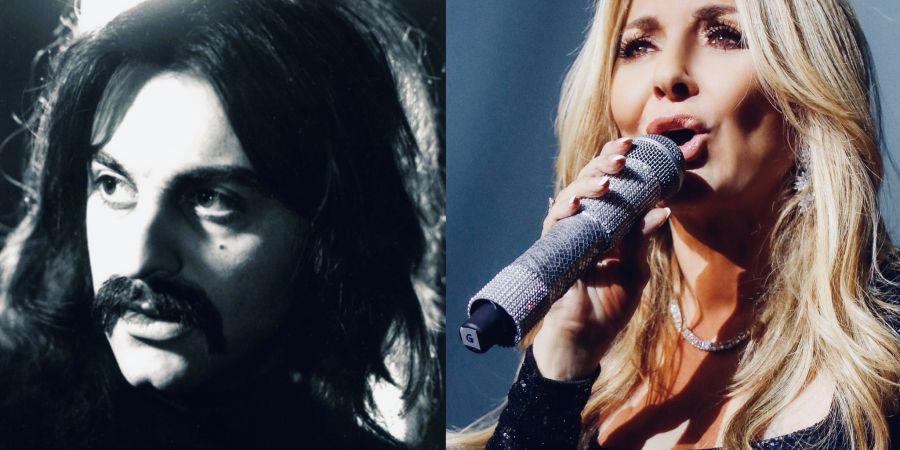

Johnny Kortbawi 05/07 13:00
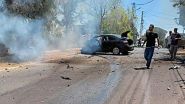
This is Beirut 05/07 12:25

This is Beirut 05/07 11:10

Vanessa Kallas 05/07 11:00

Fady Noun 05/07 09:30
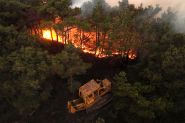
This is Beirut 05/07 16:25
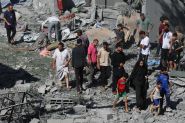
This is Beirut 05/07 14:55

This is Beirut 05/07 13:06

This is Beirut 05/07 05:50

This is Beirut 04/07 23:25
Yara Germany 05/07 10:00
Chelsea Al Arif 04/07 18:15
This is Beirut 04/07 15:50

Christiane Tager 04/07 09:15

Liliane Mokbel 03/07 16:25

Christiane Tager 02/07 19:40

This is Beirut 02/07 17:05

Liliane Mokbel 02/07 10:00
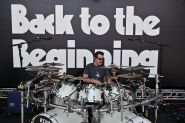
This is Beirut 05/07 13:30

This is Beirut 05/07 10:30

Bélinda Ibrahim 05/07 10:00

Bélinda Ibrahim 04/07 18:00

This is Beirut 04/07 10:35

This is Beirut 05/07 20:05

This is Beirut 05/07 16:45

Makram Haddad 05/07 13:20

This is Beirut 05/07 09:30

This is Beirut 04/07 20:35

Makram Haddad 03/07 22:00

Bélinda Ibrahim 03/07 14:00

Bélinda Ibrahim 02/07 18:00

This is Beirut 02/07 10:20

This is Beirut 02/07 10:10
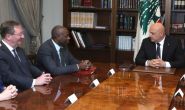
par Ici Beyrouth, 05/07 20:30

par Ici Beyrouth, 05/07 20:05

par Ici Beyrouth, 05/07 19:35

par Ici Beyrouth, 05/07 19:05

par Bélinda Ibrahim, 05/07 18:00